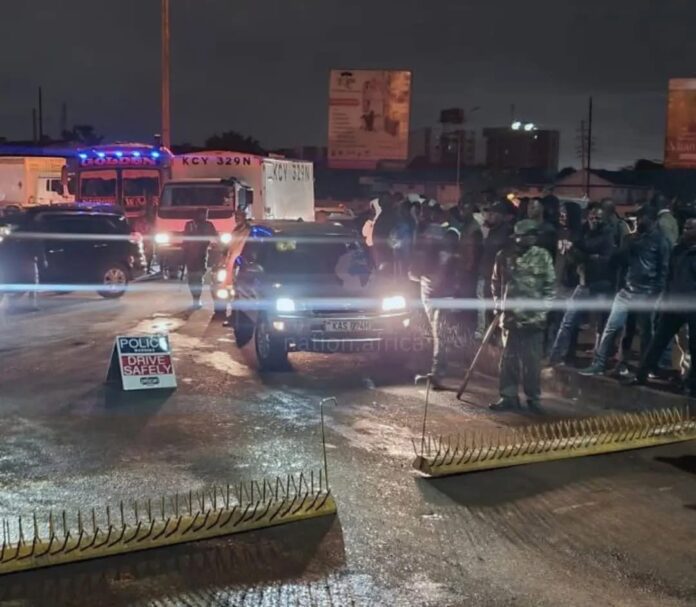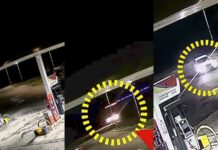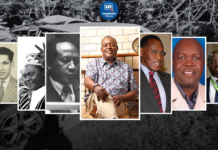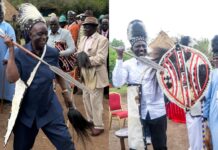Despite government assurances that Monday would proceed as a normal working day, Nairobi was placed under a heavy security lockdown as authorities moved to prevent mass protests marking the 35th anniversary of the historic Saba Saba demonstrations.
Major entry roads into the Central Business District (CBD)—including Waiyaki Way, Mombasa Road, Jogoo Road, and Thika Road—were blocked by police, with both public and private vehicles turned away. Only emergency services and government vehicles were allowed into the city centre, leaving thousands of commuters stranded or forced to walk long distances.
Security officials said the restrictions were preemptive, intended to prevent potential protesters from disguising themselves as regular commuters. “We’re acting on intelligence suggesting plans to disrupt the city under the cover of normal traffic,” said a senior officer, speaking anonymously.
Opposition leader Raila Odinga, a key figure in the original 1990 Saba Saba protests, vowed to attend a gathering at Kamukunji Grounds. In a statement on Sunday, he said, “Saba Saba is a reminder that our struggle for justice is far from over. Today, we face economic hardship, shrinking democratic space, and rampant police brutality.”
The heightened security comes amid growing unrest across Kenya, especially among youth mobilised through social media platforms. Recent demonstrations against police excesses and the high cost of living have often turned violent, prompting concerns from both civil society and international observers.
Most schools in Nairobi suspended classes, while businesses in the CBD remained shut, with some storefronts barricaded in anticipation of unrest.
Faith, a restaurant worker from Imara Daima, walked for over an hour to get to work. “There were no matatus at all. We had to walk—it’s the only option,” she said.
The normally bustling city streets were left eerily quiet.



















